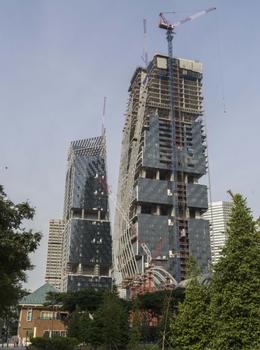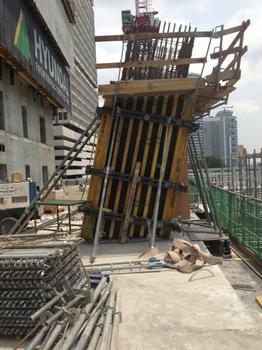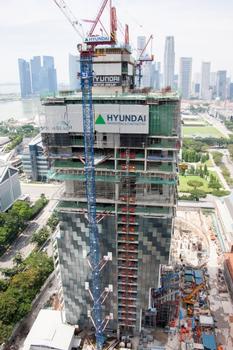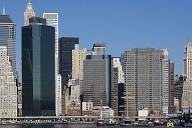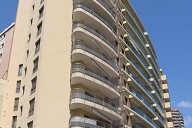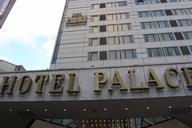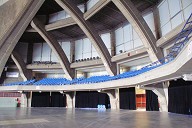Forming the new landmark South Beach in Singapore
Singapore is to add another landmark: South Beach combines historic structures with modern, environmentally sustainable highrise architecture. City Developments Ltd. and IOS Group are the builders who initiated the project. As a supplier with decades of international highrise expertise, Doka was commissioned to supply the formwork.
South Beach is a residential and office building complex with shopping and entertainment attractions located at the heart of the island country on Beach Road. In the course of recent decades Beach Road developed from a residential area into a pulsing business district. The plan calls for two new highrises to be built next to the historic South Beach Project structures. The ultimate goal is to create a symbiosis of historical-traditional structures going back to the 1930s and being revitalized, and of the architectural highrise avant-garde of the 21st century. After completion, the North Tower will feature more than 30, the South Tower more than 40 floors and offer space for offices, luxury apartments, a designer hotel and shops.
Hyundai Engineering & Construction Co. Ltd. was awarded the building contract and required the lowest-possible use of manpower during the in-situ construction. The solution provided by Doka includes high-performing self-climbing units, flexible formwork systems and facilities ensuring the safety of the construction crew.
The automatic climbing formwork saves on crane use and minimizes the requirement for personnel. It also helps in keeping system utilization time low and thereby costs as well. The building core is erected using the Automatic climbing formwork Xclimb 60 and Large-area formwork Top 50; the latter offers flexibility in adapting to the column and wall design. In addition, the hydraulic Automatic climbing formwork SKE100 will raise the concrete placing boom, thereby eliminating the need for a crane. The Protection screen Xclimb 60 that is integrated into the exterior wall protects workers. It also offers construction progress that is not restricted by wind and weather.
Pre-assembled Dokamatic tables are planned for pouring the floor slabs. The table lifting system (TLS) takes care of raising the table formwork. As a result, unproductive wait-times are eliminated and site logistics optimized. The individual floors are poured on 7-day cycles.
Even in the basement floors the expectation is for uncompromising "build-to-order" formwork technology. This expectation for ultimate adaptability is met by the load-bearing tower Staxo 40. This in large part because the adjustable U-heads and feet of the screw jacks with 75 cm extension range allow for quick and easy adjustment to the exact height.
Doka engineers were involved as early as during the planning phase, providing recommendations for implementation as well as selection of efficient formwork system. A Doka Formwork instructor was present for on-site assembly support and instruction of the construction crew in correct handling. Thanks to the company's branch office in Singapore, Doka formwork experts are always available to answer questions. Communication and operating instructions in the local language facilitate communications with the construction crew.
Innovative rental model for increased flexibility
The international logistics and distribution network of Doka Group includes a well-equipped rental yard. It makes formwork materials available quickly and allows for just-in-time delivery. Using the Doka Group rental model benefits builders in case of short-term utilization. There is no need to purchase formwork material. Instead it can be rented for the period defined, invoiced by the day and returned immediately after completion. This business model allows for flexible and short-term action while tying up less money than would be required when purchasing.
Certified sustainable
The innovative design of the projecting roof for climate control resulted in two Green Mark Platinum Awards for South Beach thus far. This micro-climatic feature extends along the entire building project and looks like a sail providing protection from insolation. Integrated photovoltaic cells convert solar energy into electricity. Additionally, well insulated glass facades absorb heat while the Sky Gardens promote thermal balancing. These and other investments in sustainability make South Beach a flagship for sustainable construction in Singapore.
The ground-breaking ceremony took place in December 2011, with formwork jobs projected to continue until year-end 2014. Completion of the entire project is scheduled for 2016.
References
Structure Types
- About this
data sheet - Product-ID
7278 - Published on:
13/10/2015 - Last updated on:
28/01/2016

